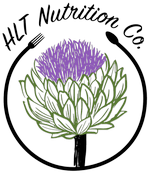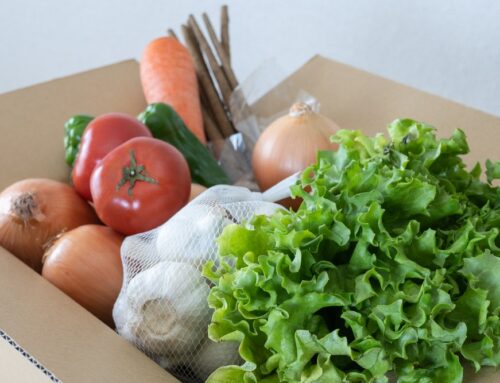
As the seasons and weather change from summer to fall, our immune systems must adjust to sicknesses that enter our bodies when the weather is cooler. It’s important that our immune systems are in tip-top shape, and understanding the role of nutrition in immune health is crucial. Making the right dietary choices can bolster our defense systems against pathogens and diseases. Let’s explore the foods that boost your immune system defenses.
The Link Between Nutrition and Immunity
The immune system is a complex network of cells, organs, and tissues working in harmony. Proper nutrition provides the building blocks for these cells and tissues and the energy required for the immune system to function effectively. Deficiencies in specific nutrients can impair the immune response, making the body more susceptible to infections.
Foods That Support Immune Health
Vitamin C-Rich Foods
Commonly associated with immune support, vitamin C aids the production of white blood cells, which are vital for fighting off infections.
Sources: Oranges, strawberries, bell peppers, spinach, and broccoli.

Vitamin E-Rich Foods
Vitamin E is an antioxidant that helps combat free radicals in the body and enhances immune function.
Sources: Nuts (almonds, peanuts), seeds (sunflower seeds), and green leafy vegetables.

Zinc-Rich Foods
Zinc is essential for developing immune cells and has an anti-inflammatory effect.
Sources: Beans, seeds, nuts, meat, poultry, and seafood.
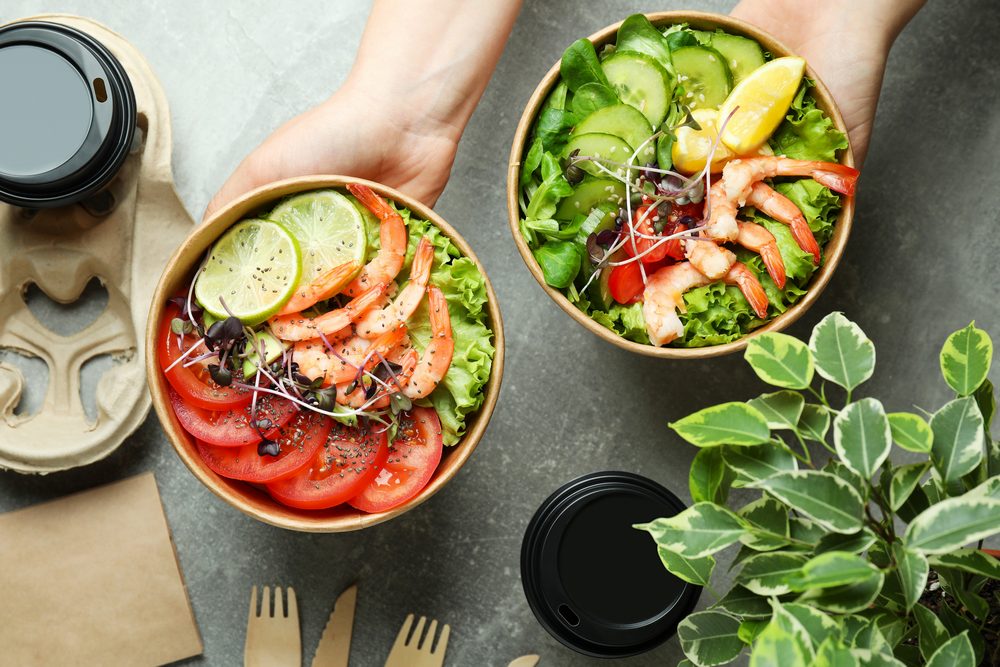
Probiotic-Rich Foods
These contain beneficial bacteria that promote a healthy gut, which is vital to immune function.
Sources: Yogurt, kefir, fermented foods like kimchi, sauerkraut, and miso.

Vitamin A-Rich Foods
Vitamin A maintains the health of the skin and tissues of the gastrointestinal and respiratory systems, acting as the body’s first line of defense.
Sources: Carrots, sweet potatoes, spinach, kale, and red bell peppers.
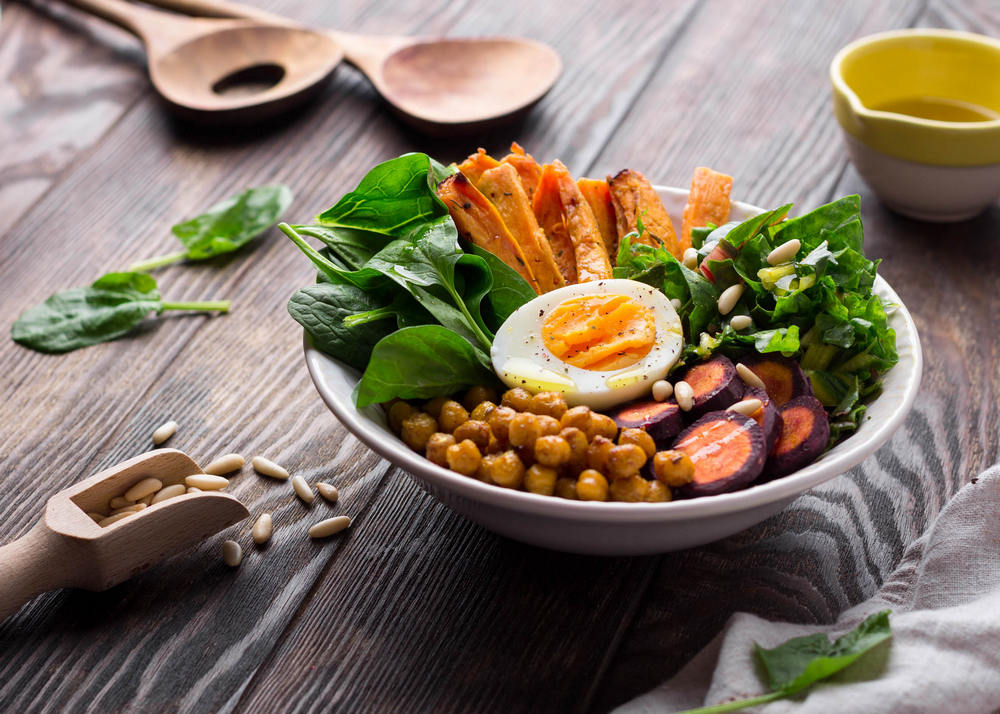
Omega-3 Fatty Acids
These fats have anti-inflammatory properties that can help enhance the immune response.
Sources: Fatty fish like salmon, mackerel, sardines, and flaxseeds.

Vitamin D-Rich Foods
Vitamin D modulates the immune response and has been linked to lower rates of infections.
Sources: Fortified foods, fatty fish, cheese, and egg yolks. Sunlight is also a primary source of vitamin D.

Antioxidant-Rich Foods
Antioxidants combat free radicals, which can dampen the immune response.
Sources: Berries, nuts, dark chocolate, spinach, and artichokes.

Iron-Rich Foods
Iron helps support the metabolism and the normal function of immune cells.
Sources: Red meat, chicken, turkey, canned sardines, lentils, beans, and spinach.
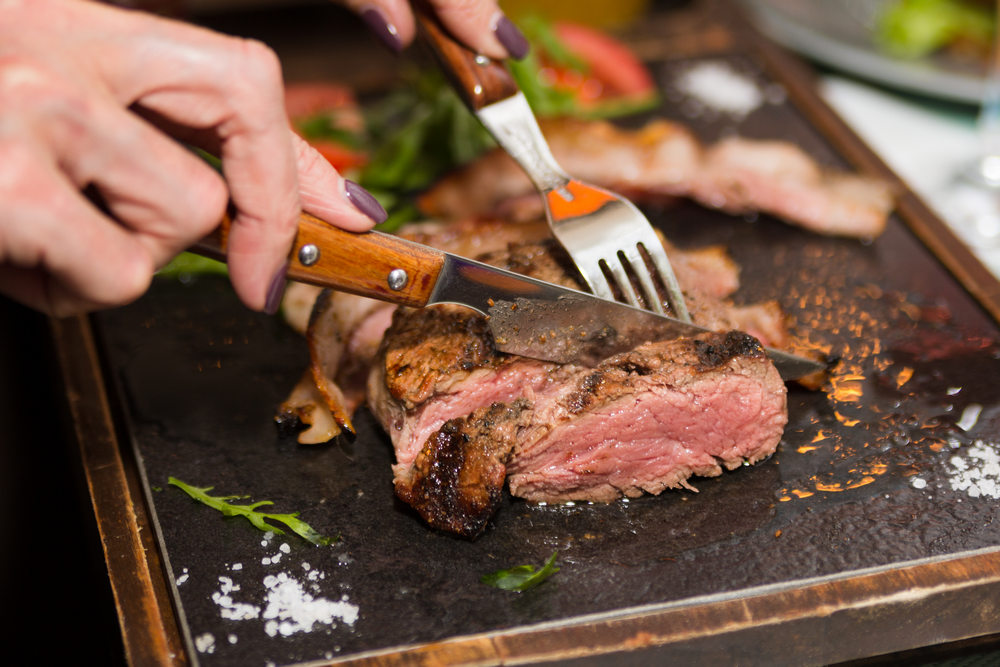
Protein-Rich Foods
Protein provides the building blocks for many immune cells and antibodies.
Sources: Lean meat, poultry, fish, beans, tofu, and dairy products.

Other Considerations
Stay Hydrated: Drinking enough water supports cellular function and metabolism.
Limit Sugar and Processed Foods: High sugar consumption and heavily processed foods can suppress the immune system.
Balance is Key: No single food will boost your immune system. A varied, balanced diet is essential to ensure you get all the nutrients your body needs.
Create Your Immune Support Meal Plan with HLT Nutrition
Your plate plays a pivotal role in determining the efficiency of your immune response. By integrating a variety of nutrient-rich foods into your diet, you can create a robust defense system ready to tackle the challenges it faces. At HLT Nutrition, Immune Support tailored meals are one of our specialties. You’ll receive the nutrients you need to enhance your body’s defenses. To start your journey toward optimal health and well-being, call (760) 996-4717 or click here to get started.
